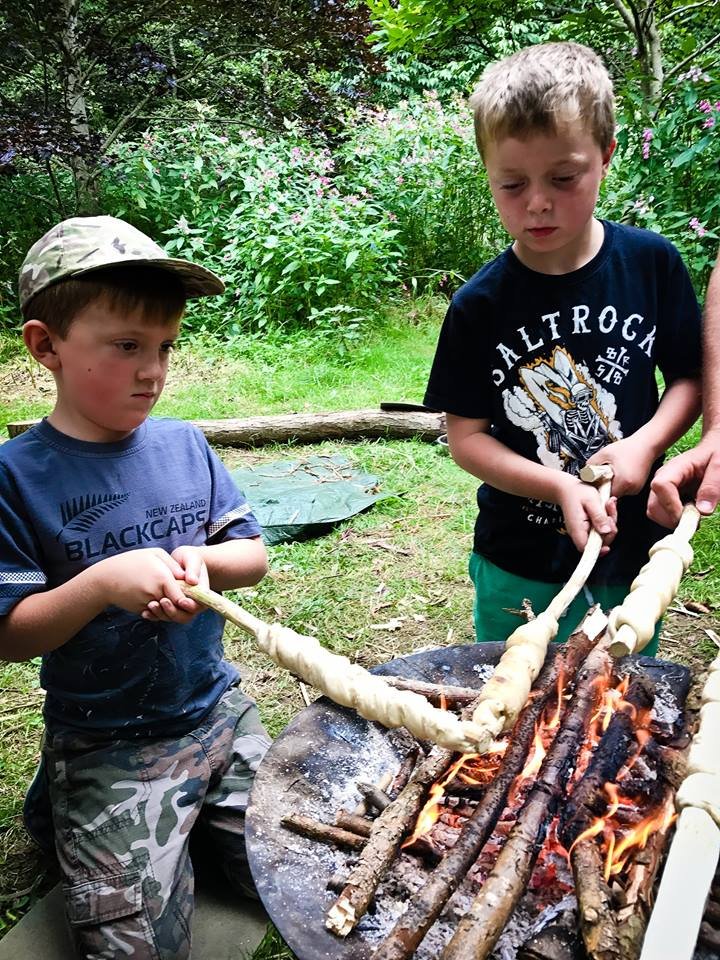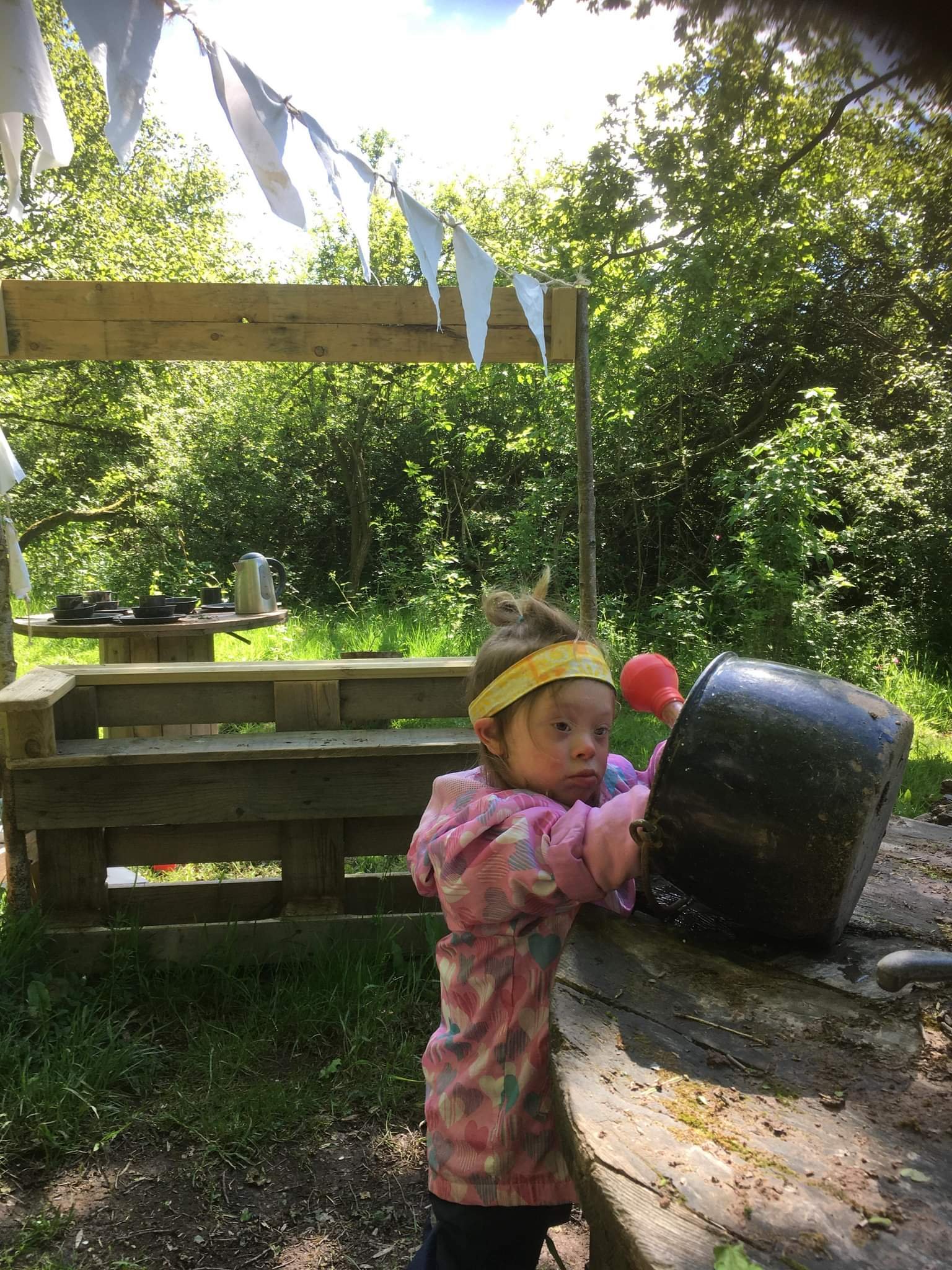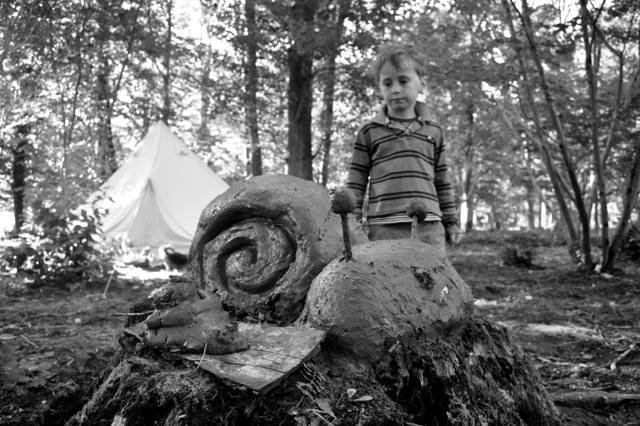“Forest School is an inspirational process that offers ALL learners regular opportunities to achieve and develop confidence and self-esteem, through hands-on learning experiences in a local woodland or natural environment with trees. Forest School is a specialised approach that sits within and complements the wider context of outdoor and woodland learning.”
This definition was developed with input from the Forest School community and others at one of the first gatherings of practitioners some 18 years ago.
There are many interpretations of Forest School and even the name itself can be challenging - Forest School doesn’t always happen in a forest, and it’s not really school either!
The idea is based on writings of educational thinkers from the past who recognised the benefits of regular and child-centred opportunities for children to engage with the natural world. There is also a rich culture of connection with the land and traditional skills and knowledge that would have formed a part of many children’s experiences of growing up in past decades, both in the UK and elsewhere.
Forest School is not a new approach.
It’s based on the evolutionary drive for children to play, explore and engage with the world around them. In the past, children had more opportunity to fulfil this need in their own time, after school and during weekends and holidays.
Due to myriad factors such as the additional pressure on children from standardised curriculum and high-stakes testing, as well as increased traffic and screen time, it had become necessary to offer these spaces and times to play in and connect with nature in and around schools and other settings.
The modern version of Forest School is based on the Scandinavian model of early childhood outdoor education, which focuses on children’s natural curiosity and connection to nature. The ethos was picked up outside Scandinavia by early years settings in the late 1990s and training courses soon developed in the UK to meet the rising demand.





